 More than 500,000 people in the United States rely on the Deferred Action for Childhood Arrivals (DACA) program to legally work and study. But every time political tides change, so does their financial stability. The DACA policy, first introduced in 2012, gave undocumented immigrants brought to the U.S. as children a chance to come out of the shadows. While it provided protection from deportation and work permits, it never offered permanent legal status. That limited protection continues to place DACA recipients at economic risk.
More than 500,000 people in the United States rely on the Deferred Action for Childhood Arrivals (DACA) program to legally work and study. But every time political tides change, so does their financial stability. The DACA policy, first introduced in 2012, gave undocumented immigrants brought to the U.S. as children a chance to come out of the shadows. While it provided protection from deportation and work permits, it never offered permanent legal status. That limited protection continues to place DACA recipients at economic risk.
Each new administration seems to bring uncertainty around immigration. This back-and-forth has caused emotional stress, but more critically, it has blocked people from making long-term financial decisions. For instance, applying for home loans, investing in higher education, or starting a business feels risky when legal status is in limbo. According to a DACA lawyer Dallas, legal guidance is now more vital than ever for immigrants trying to navigate shifting policies while keeping their financial plans intact.
The Link Between Legal Status and Financial Growth
Without legal clarity, building a financial future becomes a guessing game. DACA recipients, while authorized to work, are still not eligible for federal financial aid or many government-backed loan programs. This severely limits educational and housing opportunities. When politicians propose to dismantle DACA, many recipients are forced to pause their plans, fearing deportation or loss of income.
These legal swings hurt more than just individuals—they affect the economy. The American economy benefits from DACA recipients who are employed, paying taxes, and contributing to various industries. When these people can’t plan ahead, they may spend less, borrow less, and invest less. That slows down growth across sectors from education to real estate.
Financial Exclusion by Design
DACA’s limitations highlight a form of economic exclusion. For example, immigrants without permanent legal status often have to rely on cash savings, avoid using banks, or pay higher interest rates. Even those with steady jobs can’t access the same tools as citizens or green card holders. Without strong credit history or access to low-interest loans, their ability to grow wealth is severely handicapped.
Additionally, financial institutions sometimes shy away from lending to DACA recipients due to fears of legal or political backlash. This uncertainty trickles down to basic things like getting car loans or renting apartments. Many young immigrants have to rely on family or community support instead of formal systems.
Employment Instability and Career Stagnation
Since work permits under DACA must be renewed every two years, employment is not guaranteed in the long run. If policies shift or renewals are denied, it can lead to job loss. This has already happened to thousands of recipients during past policy freezes or court battles. Employers, too, may hesitate to invest in training or promoting DACA workers, fearing sudden changes in legal status.
This level of unpredictability forces many recipients into lower-paying or temporary jobs, even when they are qualified for better opportunities. Skilled professionals, college graduates, and aspiring entrepreneurs are often stuck in economic limbo due to paperwork and political uncertainty.
The Hidden Costs of Legal Limbo
Beyond the direct costs of filing renewals and paying legal fees, DACA recipients also face indirect financial burdens. Delays in receiving or renewing work permits can lead to unpaid time off work, or even job loss. Health insurance gaps may occur, and families often have to adjust to sudden income changes. The cost of living doesn’t pause while legal paperwork is pending.
Moreover, fear of deportation or being separated from family can cause emotional stress, affecting mental health. This stress can impact productivity at work and lead to further financial strain. Uncertainty adds an invisible weight to everyday decision-making.
Why Policy Clarity Matters
Clear, consistent immigration policy is not just a legal matter—it’s a financial one. DACA recipients need to know whether they can stay and build their lives in the U.S. Their ability to contribute to the economy, support their families, and dream about the future depends on stable policies. As seen in broader contexts, how political decisions influence financial stability is a powerful factor in shaping both personal and national outcomes. The economic cost of uncertainty is real, both for individuals and for the broader community.
Permanent protections or pathways to citizenship would unlock a wave of financial participation. From buying homes to opening businesses, the economic gains could be significant. Until then, many immigrants remain stuck, not because of lack of ambition, but because of political indecision.
Conclusion
The impact of DACA policy shifts stretches far beyond legal paperwork. It affects whether someone can buy a house, save for retirement, or build a better future. Financial stability requires more than a work permit—it requires security, trust, and hope. Policymakers must recognize that economic inclusion begins with legal inclusion. Stability should not depend on the next election.


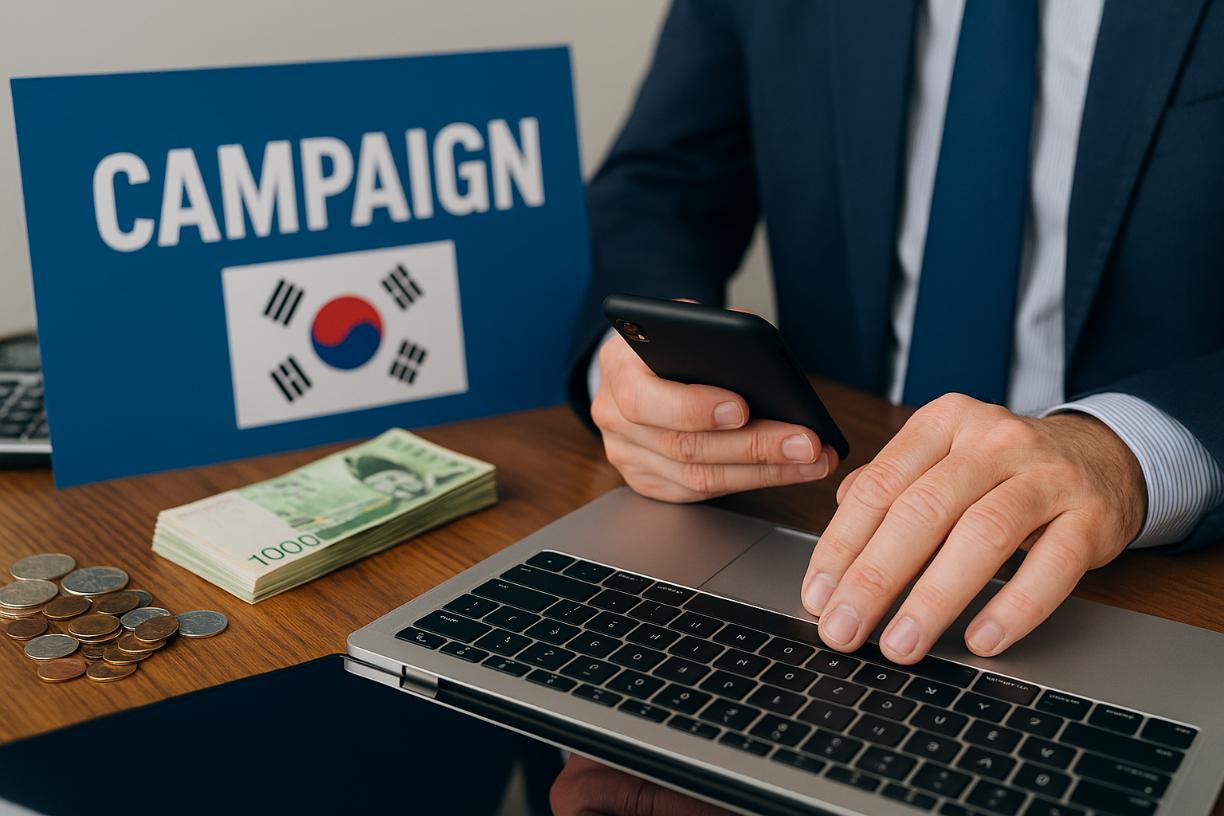
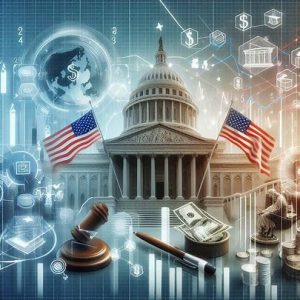 Politics and finance are deeply intertwined, with government policies having a significant impact on financial markets.
Politics and finance are deeply intertwined, with government policies having a significant impact on financial markets.

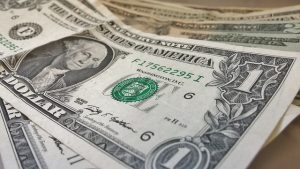 Political campaign financing is often riddled with inefficiencies, high fees, and a lack of transparency. Decentralized finance (DeFi) platforms like Aave could revolutionize how political funds are raised and managed. By offering a decentralized, transparent, and lower-cost funding method, DeFi has the potential to reshape how political parties finance their campaigns. As the financial and political worlds increasingly intersect with blockchain technology, the impact of DeFi on this arena could be transformative.
Political campaign financing is often riddled with inefficiencies, high fees, and a lack of transparency. Decentralized finance (DeFi) platforms like Aave could revolutionize how political funds are raised and managed. By offering a decentralized, transparent, and lower-cost funding method, DeFi has the potential to reshape how political parties finance their campaigns. As the financial and political worlds increasingly intersect with blockchain technology, the impact of DeFi on this arena could be transformative. At the Republican Party’s convention in Milwaukee last Thursday, Donald Trump promised to lower taxes as well as revert to encouraging fossil fuel extraction. The forme US president still believes that the climate-related programs are scams. Apparently Trump believes that the only way to stop inflation tis by increasing the country’s production of fossil fuels, for which the Republican presidential nominee chanted “We drill, baby, dril.” Trump fueled the imagination of his supporters by telling them that the US has more liquid than any other country in the world.
At the Republican Party’s convention in Milwaukee last Thursday, Donald Trump promised to lower taxes as well as revert to encouraging fossil fuel extraction. The forme US president still believes that the climate-related programs are scams. Apparently Trump believes that the only way to stop inflation tis by increasing the country’s production of fossil fuels, for which the Republican presidential nominee chanted “We drill, baby, dril.” Trump fueled the imagination of his supporters by telling them that the US has more liquid than any other country in the world. Trump vows to put an end to the Democrats’ green
Trump vows to put an end to the Democrats’ green 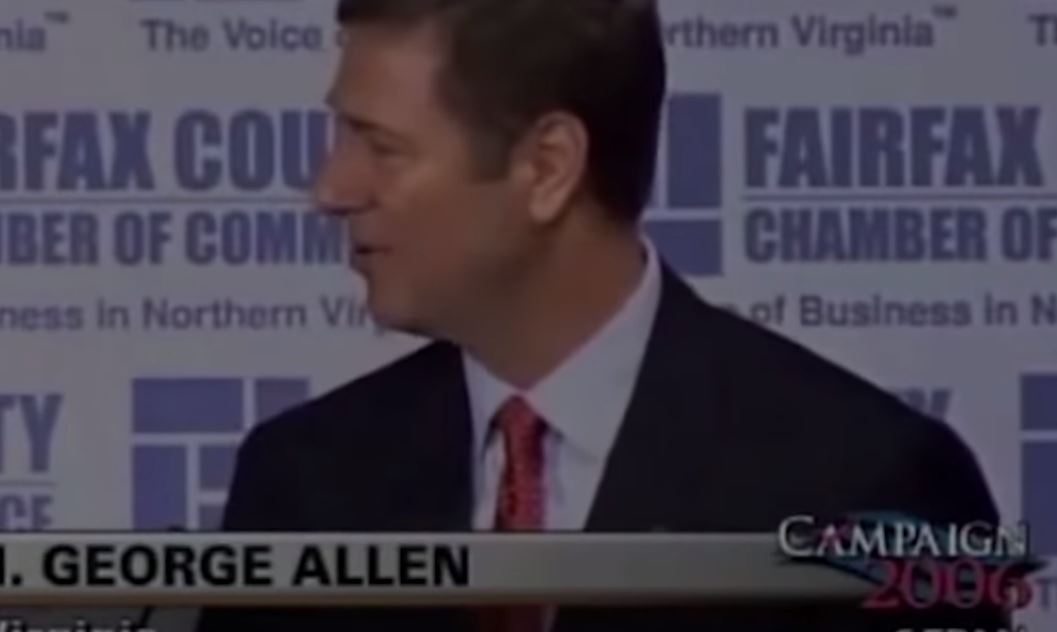

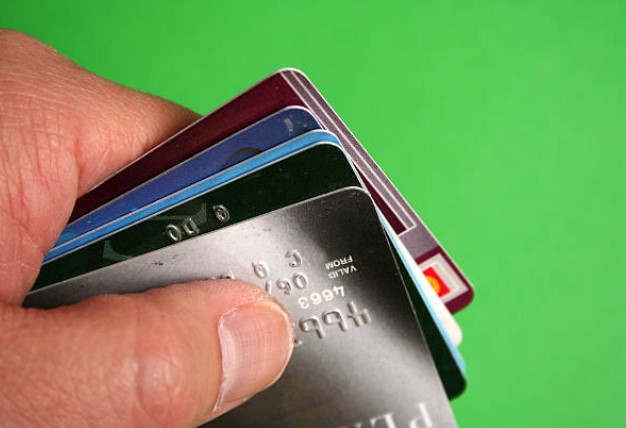
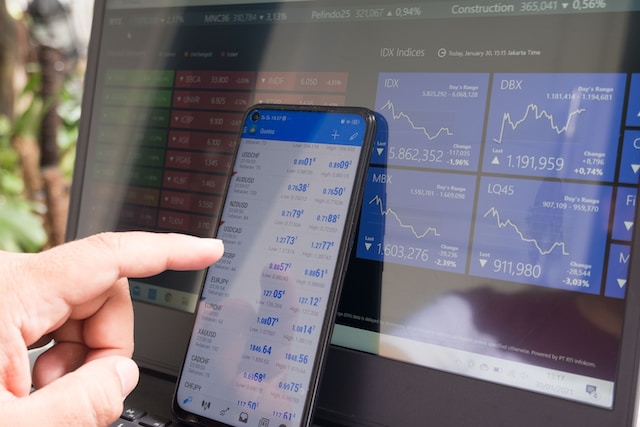
 Republican lawmakers are pushing for the revival of three expired or phased out business tax credits the party introduced via a 2017 GOP-sponsored law. Yet sources say that negotiations for their
Republican lawmakers are pushing for the revival of three expired or phased out business tax credits the party introduced via a 2017 GOP-sponsored law. Yet sources say that negotiations for their 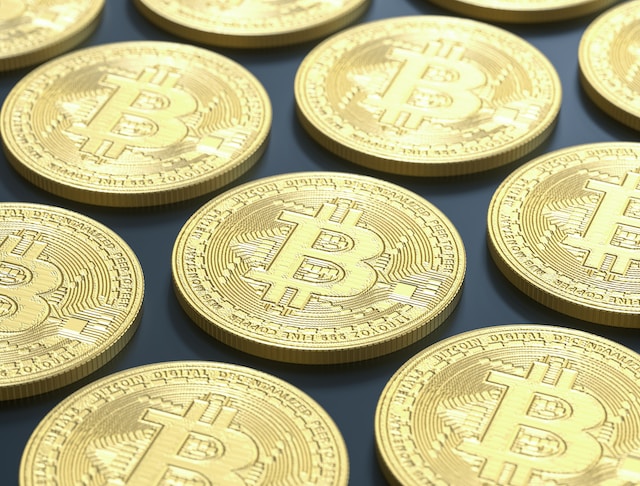


 Last week, the upper House or the Senate passed the debt ceiling bill, which Republican lawmakers have vowed to block at the lower house. However, Republicans failed to do so as the bill passed the
Last week, the upper House or the Senate passed the debt ceiling bill, which Republican lawmakers have vowed to block at the lower house. However, Republicans failed to do so as the bill passed the  Upon reaching the Senate, the bill that allows Pres.
Upon reaching the Senate, the bill that allows Pres. 





 Real estate is a good investment if you want to maintain and build your investment portfolio. You can buy a property already developed or invest in developing the land.
Real estate is a good investment if you want to maintain and build your investment portfolio. You can buy a property already developed or invest in developing the land.

